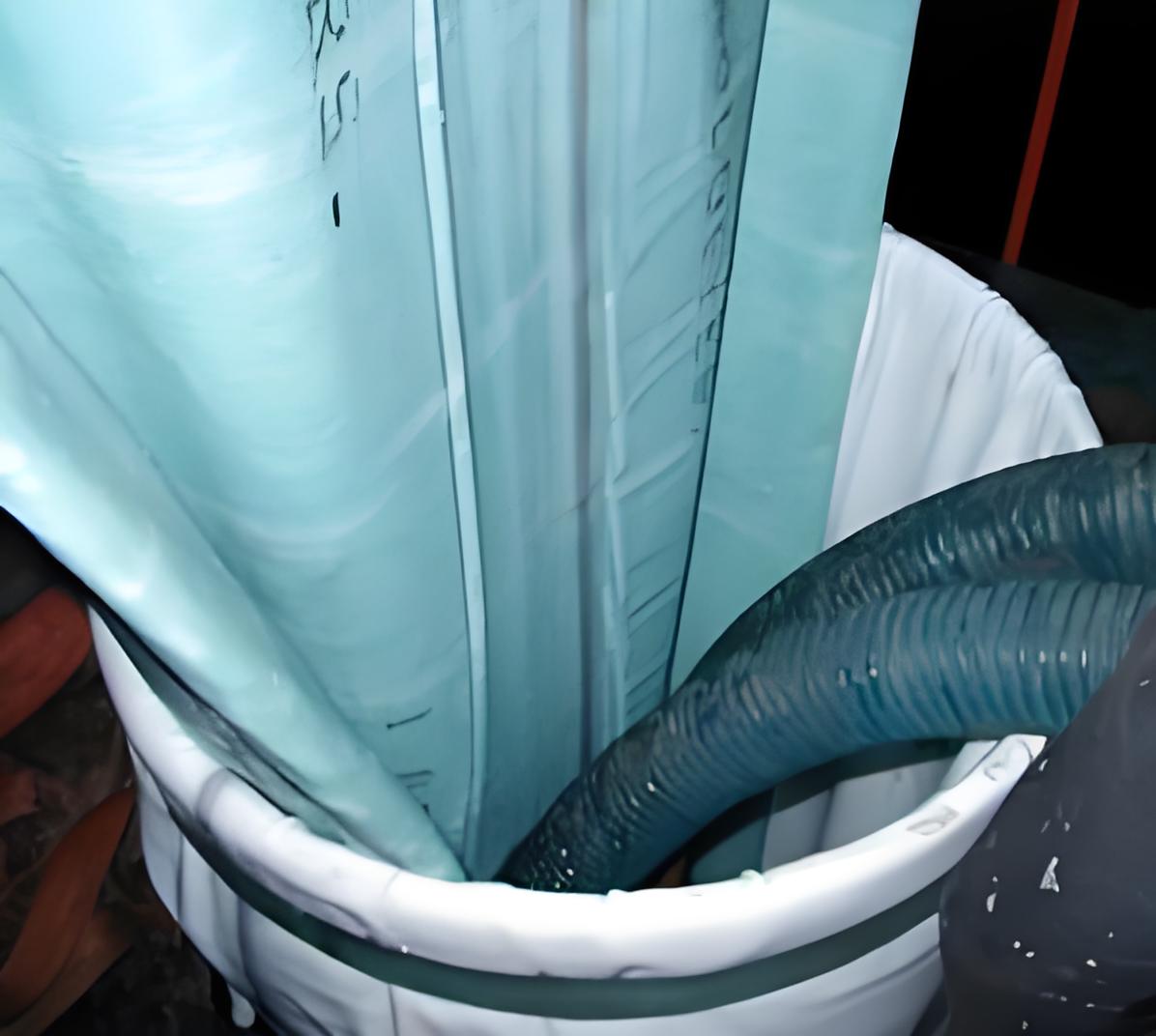
CIPP, short for cured in place pipe, is a trenchless underground pipeline repair technology. Originated in the UK in the 1970s, it has become the most commonly used repair method worldwide, especially suitable for dealing with damage problems of gravity flow pipelines, water supply and gas pressure pipelines.
There are two main methods for Cured-In-Place Pipe(CIPP) are:
Flip-impregnated resin hose lining method
The technique uses a fiber reinforced hose or woven hose lined with impermeable film soaked with thermosetting resin, turns one end of the resin-soaked hose and holds it at the entrance of the pipe to be repaired, and then turns the inner layer of the soft liner soaked with the resin using water pressure or air pressure to the outside and bond with the inner wall of the old pipe. When the soft lining pipe reaches the end point, immediately inject hot water or steam into the tube to solidify the resin, forming a layer of hard lining with anti-corrosion and anti-seepage function that is close to the inner wall of the old pipe. The flexibility and internal pressure of the resin tube before curing allow it to fill the crack, cross the gap and bypass the bending section. After the resin is cured, the soft liner forms a new tube with the same shape as the original tube and a slightly smaller inner diameter than the original tube.
CIPP pull-in the resin lining method
CIPP pull-in resin lining method is a non-woven felt hose with anti-seepage film. After the resin is fully soaked, it is pulled into the pipe from the inspection well to be repaired, and the hose is rounded with water pressure or pressure, and after curing, a strong and smooth new pipe is formed to achieve the purpose of repair. The loss of the cross section of the pipeline is basically negligible, but its mobility is greatly improved. The repair technology can repair PVC pipe, cast iron pipe, steel pipe and concrete and other materials of underground pipe, can be used for the repair of water supply, sewage and gas pipeline, and also can be used for chemical industry pipeline repair, especially suitable for urban traffic congestion, ground facilities.
Both methods have their specific applications and advantages, making CIPP a versatile solution for pipeline rehabilitation.
can not be empty
can not be empty
